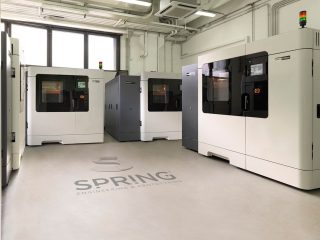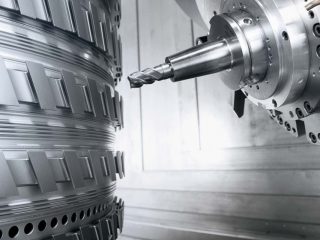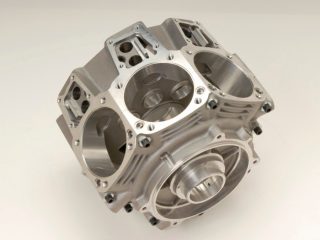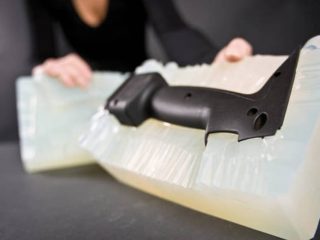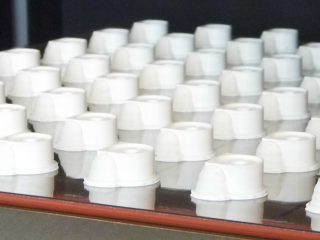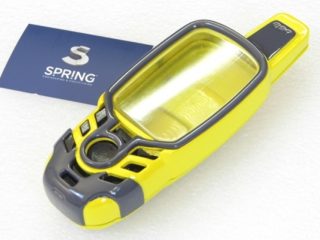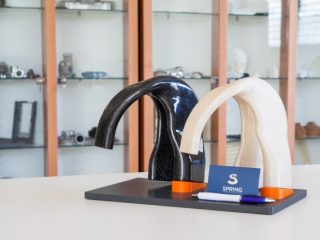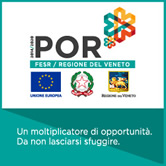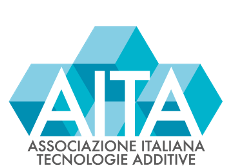Industrial automation and FDM technology: when innovation gets competitive!
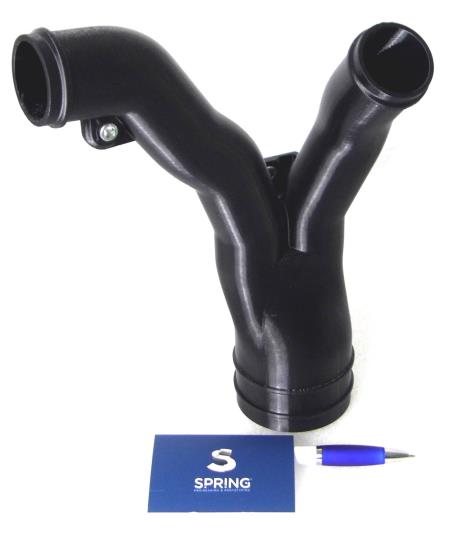
Companies intending to replace traditional production processes with innovative methods, such as Additive Manufacturing with FDM technology, are obtaining significant savings in terms of production time and costs; AM in fact allows them to gain an advantage over the competition.
Usually, when engineers need to produce a component with complex geometries, the process steps that are needed for its production can be several, such as milling, other CNC machining, welding etc.
The production of parts that need all these process steps requires utilization of huge economic resources and a long lead time.
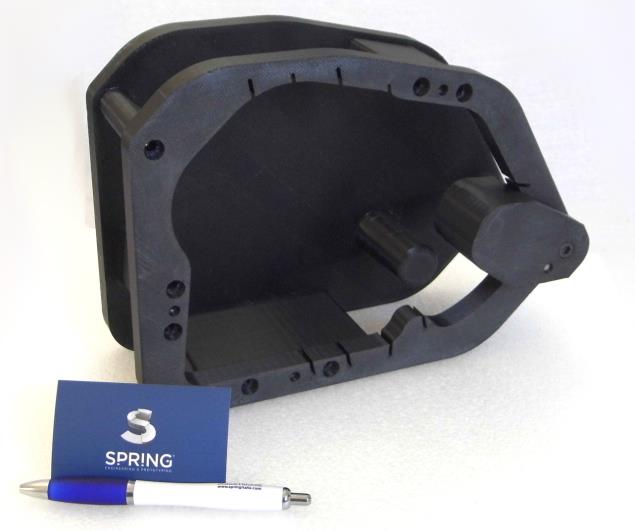
The knowledge and skills in the use of FDM technology, industrial production systems and the use of high-performance materials allow you to have in a few hours light and resistant components, which can also replace metal parts.
FDM technology is particularly advantageous in the realization of small lots or single pieces with complex geometries.
Parts such as grippers, fittings and pallets for automated production lines, air ducts and distributors achieve the maximum benefits from production through the FDM process.
In the following example, we will present how the technical department of Spring srl, a 3D printing service specialized in FDM technology, has created a suction duct achieving 3 key objectives: lowering costs, reducing delivery time and producing a component with high mechanical performance.
Air intake duct
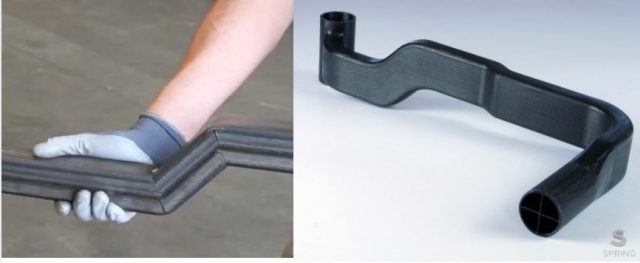
Previously the duct was made of steel, thus requiring cutting the various sections, welding them and milling the ends to guarantee their geometry. The traditional process involved a considerable economic expenditure and the production times were particularly long.
Spring’s proposal made it possible to produce the monolithic part without joints and welds, thus significantly reducing production times and costs.
During the “Design for manufacturing” phase, the 3D model was optimized according to the FDM technology, inserting structural ribs at the ends of the component, to ensure greater resistance in fixing the coupling sleeves.
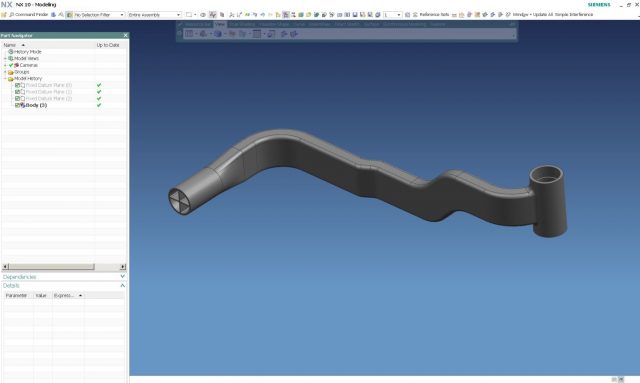
To fulfil the requests, Spring selected Nylon 12 CF for this project. Nylon 12 CF is a thermoplastic blend consisting of Nylon 12 and 35% carbon. This material offers very high values of rigidity, resistance to impacts and to chemical agents. These characteristics make such material particularly suitable for metal replacement applications.
The final component that was re-engineered and produced by Spring Srl weighs 0.15 kg, compared to 1 kg of the previous solution, a weight saving of 85%.
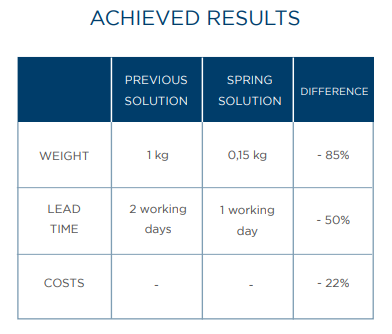
Click here to download the case study.
Spring srl: the italian 3D printing service for the automation industry
Spring srl is ISO 9001:2015 certified for production and supply of prototypes and industrial components through additive production technology.
The company assists its customers in co-design activities in an additive manufacturing perspective, thanks to 20 years of experience in this field.
Spring Srl has been working for years with the most important national and international players in the industrial automation sector. These partnerships are the result of important investments in terms of resources, professional production systems and a continuous improvement policy.

